Publications
Articles, publications, books, tools and multimedia features from the U.S. Institute of Peace provide the latest news, analysis, research findings, practitioner guides and reports, all related to the conflict zones and issues that are at the center of the Institute’s work to prevent and reduce violent conflict.
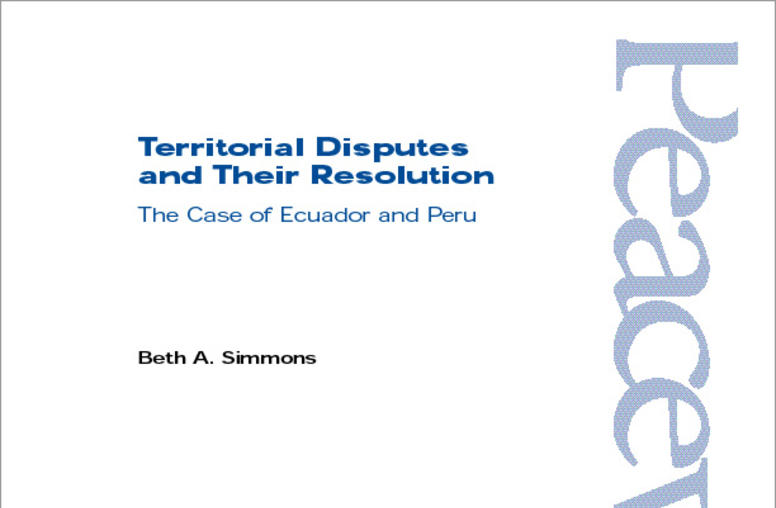
Territorial Disputes and Their Resolution: The Case of Ecuador and Peru
After nearly six decades of sporadic warfare over a relatively small stretch of disputed border, Ecuador and Peru signed an accord on October 26, 1998, that provides a definitive settlement of the remaining issues in their ongoing border conflict. The accord may not spell the end to future territorial disputes in the region, but it is historic in that it involves many actors working over many decades to achieve a settlement to a long-standing dispute.
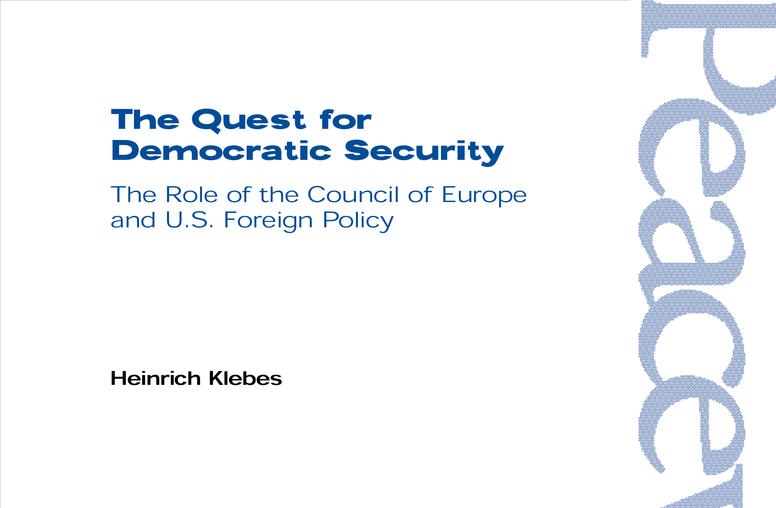
The Quest for Democratic Security: The Role of the Council of Europe and U.S. Foreign Policy
The role of non-military organizations in the European security architecture has been greatly enhanced in the post–Cold War era. Although NATO can protect its members through the force of arms, security involves much more than military might—it has crucial social, political, and economic components that are of heightened relevance in today's world.
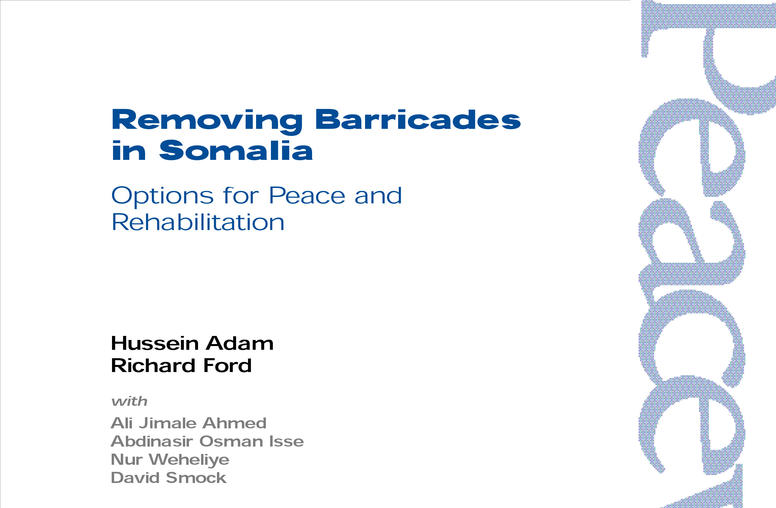
Removing Barricades in Somalia: Options for Peace and Rehabilitation
In summer 1997, a team of four Somali intellectuals and two American Africanists spent three weeks in Somalia on behalf of the United States Institute of Peace. The purpose of the visit was to assess the present circumstances and future prospects for peace and reconciliation in Somalia and to recommend how it might be appropriate for the United States, working with colleagues and institutions in Somalia and neighboring countries as well as within the larger donor community, to play a constru...
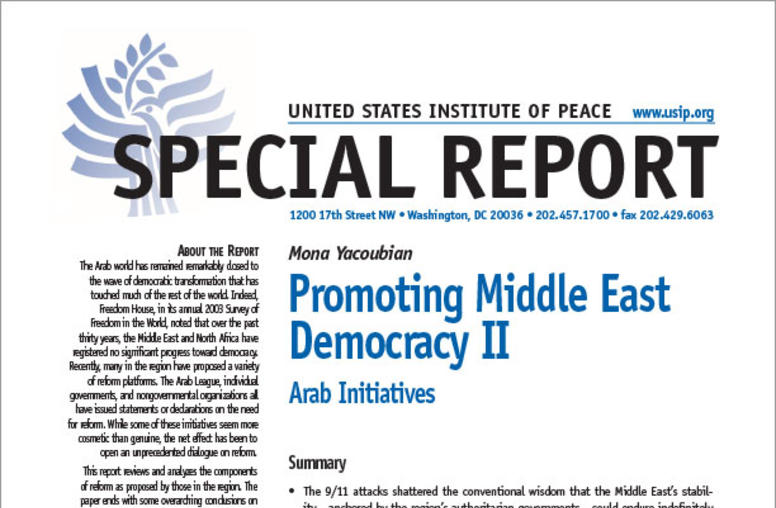
Promoting Middle East Democracy II: Arab Initiatives
This report reviews and analyzes the components of reform as proposed by those in the region. The paper ends with some overarching conclusions on Arab reform efforts as well as recommendations for U.S. policymakers.
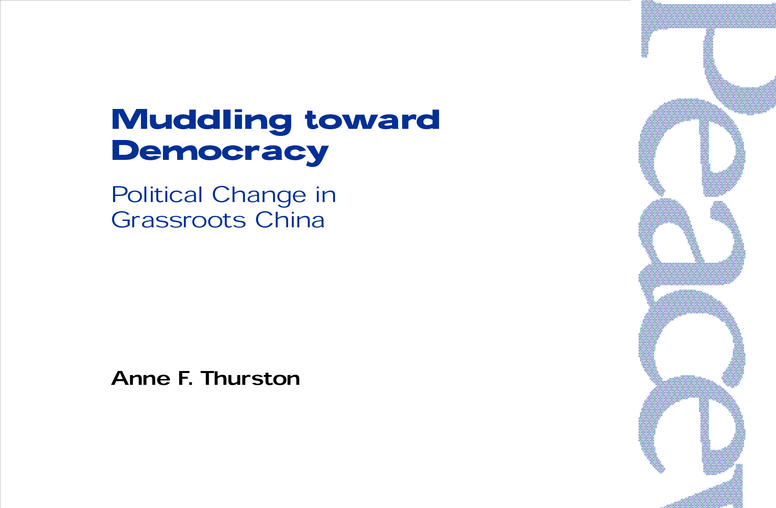
Muddling toward Democracy: Political Change in Grassroots China
Among the most significant political reforms implemented by the Chinese government since 1989 is the introduction of competitive elections into rural villages. This study, based largely on fieldwork conducted between 1995 and 1997, examines China's efforts to bring competitive elections to the country's rural areas and attempts to explain why local democracy has proved more successful in some places than in others.
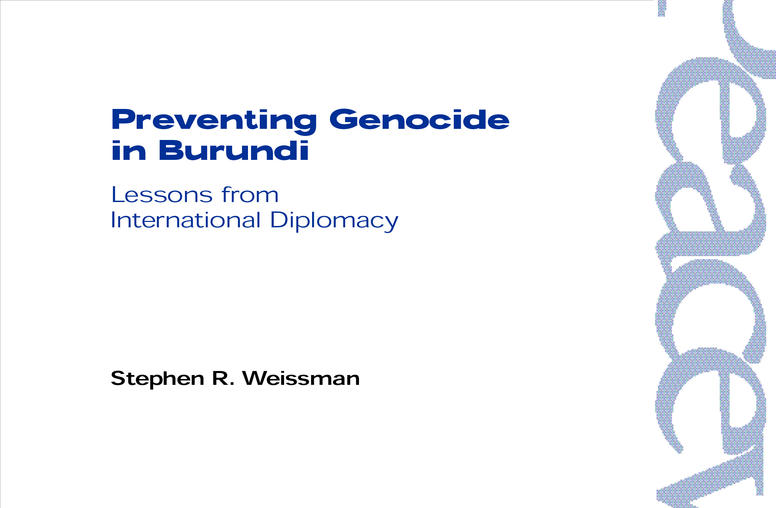
Preventing Genocide in Burundi: Lessons from International Diplomacy
Since 1993, interethnic violence between the 15 to 20 percent Tutsi minority and the 80 to 85 percent Hutu majority in Burundi has taken an estimated 150,000 lives. An examination of the international response to the crisis furnishes valuable lessons for peacemaking in Burundi and other areas of genocidal conflict.
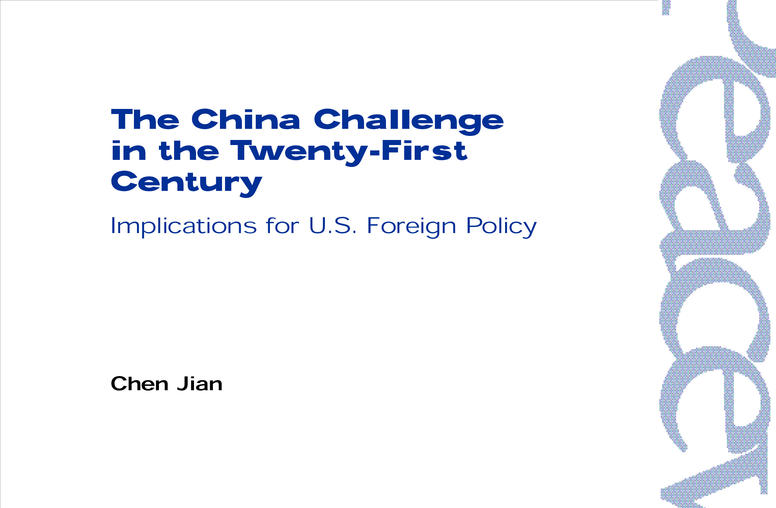
The China Challenge in the Twenty-First Century: Implications for U.S. Foreign Policy
Despite Asia's current financial crisis, China's rapid economic growth raises the question of whether or not it will emerge as a dominant regional power, or even a hegemonic world power, in the twenty-first century. For many in the West and in China's neighboring countries, this prospect is very troublesome.
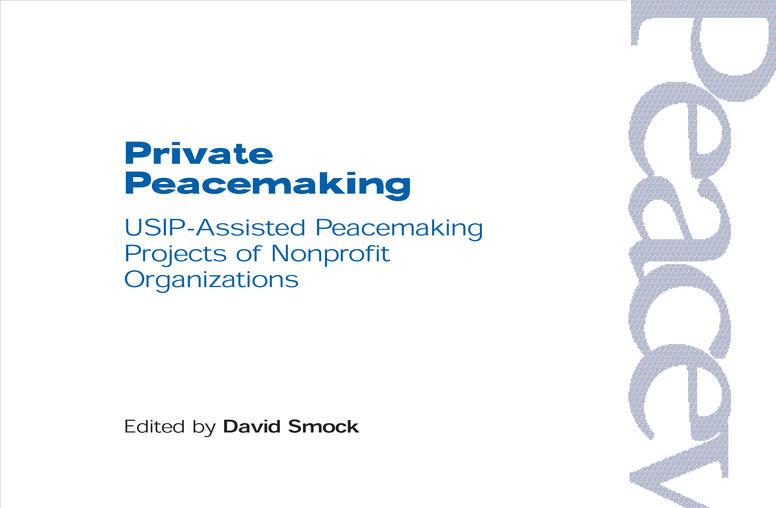
Private Peacemaking: USIP-Assisted Peacemaking Projects of Nonprofit Organizations
The peacemaking activities described here have been targeted on conflicts in East Timor, the Middle East, Georgia and South Ossetia, the Transcaucasus, Sri Lanka, Northern Ireland, Algeria, Kosovo, and Bosnia. These projects have generally been pathbreaking in that new techniques and approaches to peacemaking have been employed. Several have generated valuable experiences with wide application, dramatically demonstrating how effective private organizations can be in promoting peace
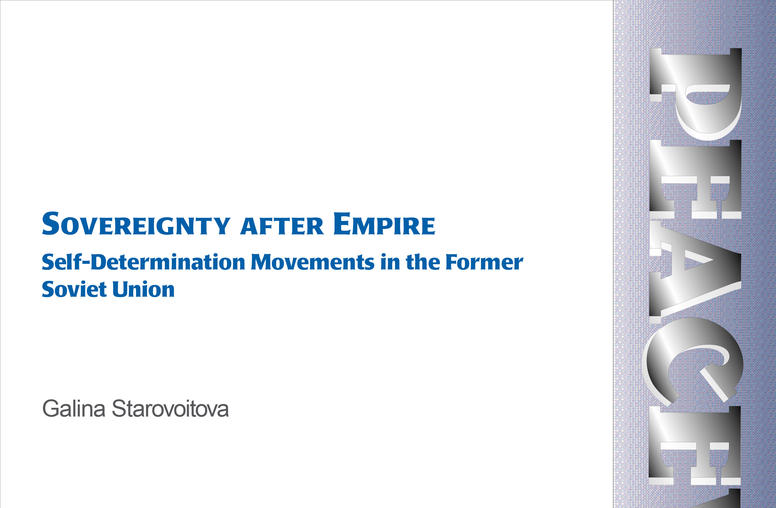
Sovereignty after Empire: Self-Determinationa Movements in the Former Soviet Union
This report examines the prominent self-determination movements in the former Soviet Union and arrives at some tentative criteria that could be used to assess their legitimacy. In contrast to futurists' visions of the "global village," where national loyalties and borders erode under the forces of globalization and decentralization, Starovoitova points to the resurgence of nationalism in the post–Cold War era, particularly on the Eurasian continent.
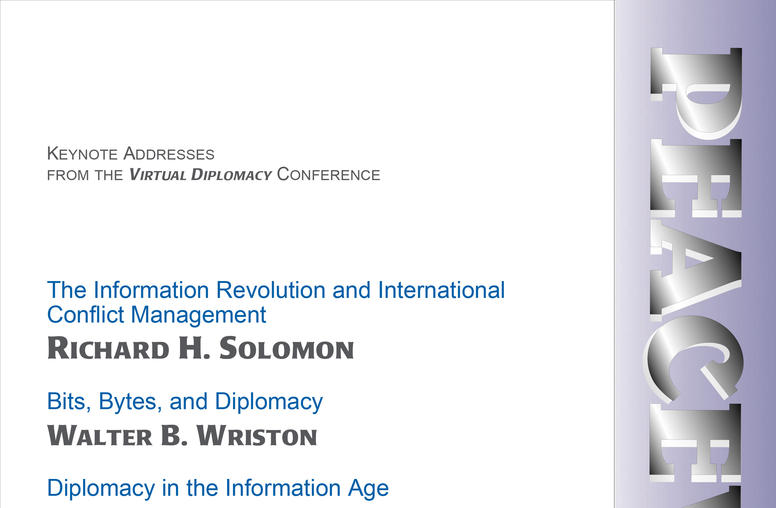
Keynote Addresses from the Virtual Diplomacy Conference
Presented in this Peaceworks is a representative portion from the conference--"Virtual Diplomacy: The Global Communications Revolution and International Conflict Management" held April 1–2, 1997. Included in the report are the conference's keynote speakers.